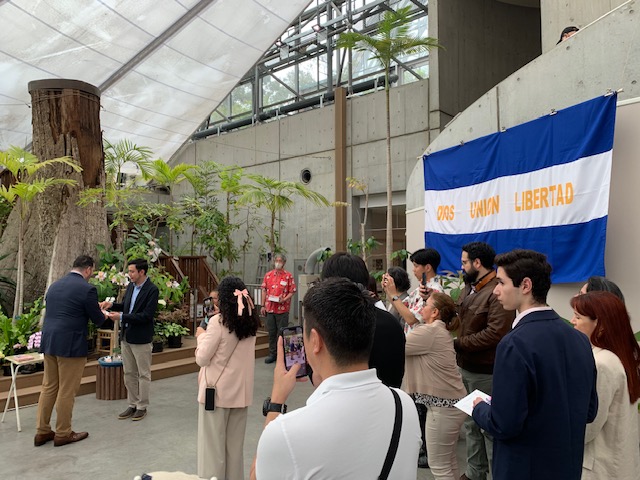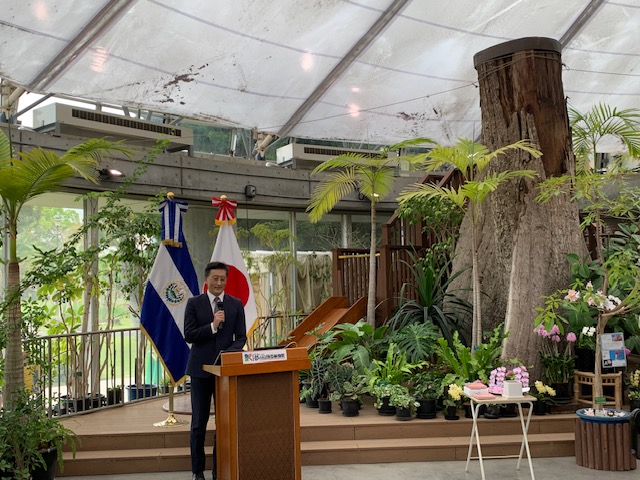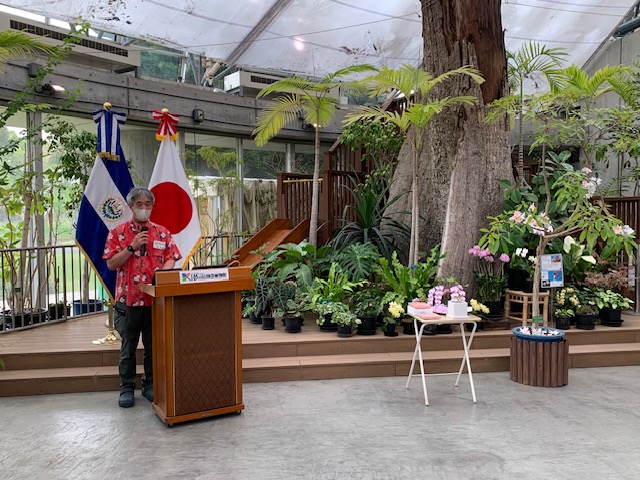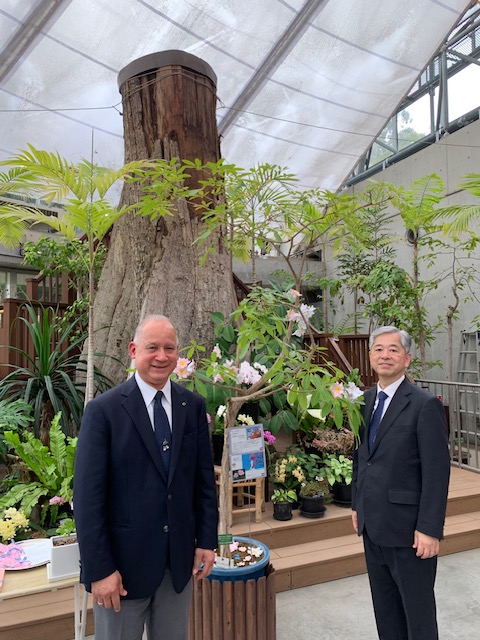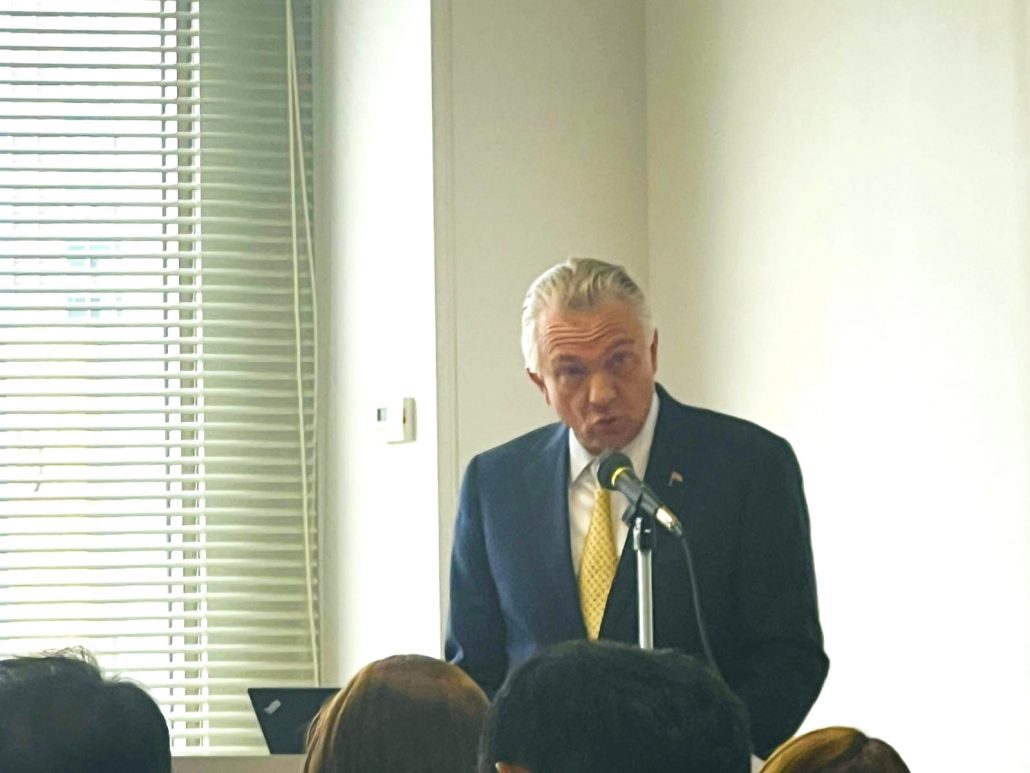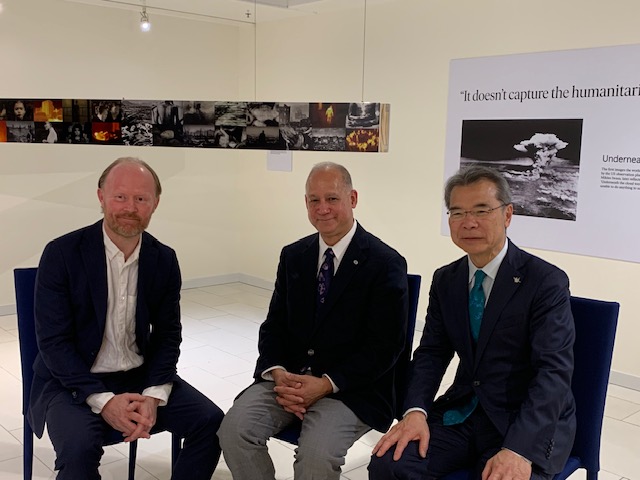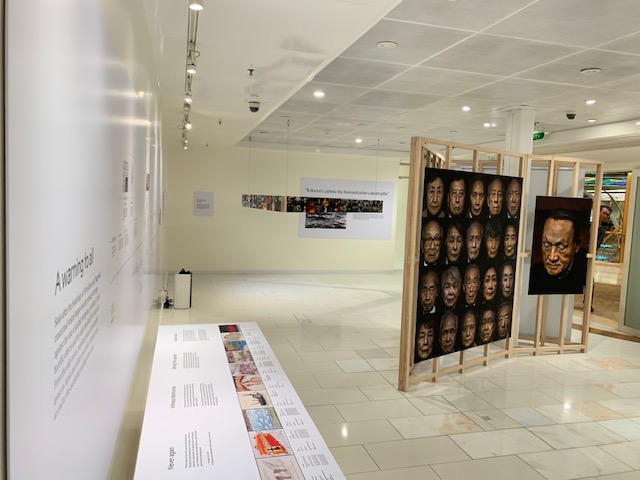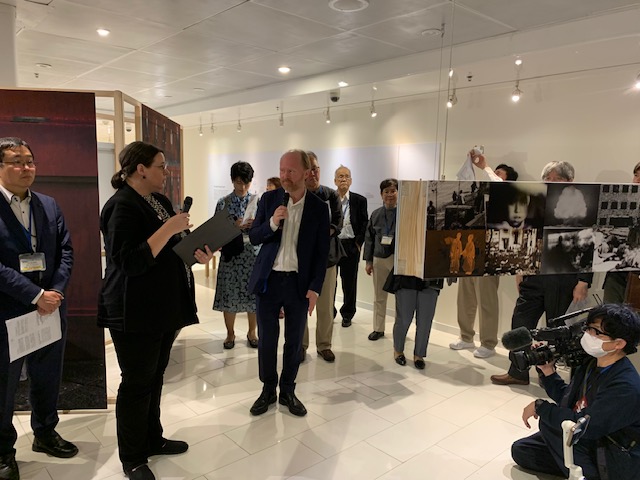Dr. Ritter Díaz, Representative Director of the Japan Association for the Promotion of Latin America and the Caribbean (JAPOLAC), held a working meeting with H.E. Manuel Roldán, Ambassador of the Republic of Guatemala to Japan, to coordinate the upcoming lecture on Guatemala to be delivered by the Ambassador at Chiba University at the end of this month.
The lecture forms part of the Diplomatic Lecture Series launched by JAPOLAC in 2025. This unique initiative invites Ambassadors from Latin American and Caribbean (LAC) countries accredited in Japan to deliver lectures in English at Japanese university students. Each lecture provides a comprehensive overview of the country, covering its history, geography, culture, economy, society, and current international relations with Japan.
By directly engaging with university students in an academic setting, the program aims to deepen understanding of the LAC region, promote intercultural dialogue, and encourage future academic and professional exchange between Japan and Latin America. All lectures are conducted in English to give students the opportunity to improve their international communication skills while learning about global issues from high-level diplomatic representatives.
During the meeting, Ambassador Roldán and Dr. Díaz discussed the themes and structure of the lecture, as well as the importance of bringing Guatemala’s perspective to Japanese youth. Ambassador Roldán expressed his appreciation for JAPOLAC’s efforts to build bridges of knowledge and friendship through diplomacy and education.
JAPOLAC reaffirms its commitment to supporting the work of Latin American and Caribbean embassies accredited in Japan and remains dedicated to advancing initiatives that enhance cultural, educational, and academic ties between the LAC region and Japan.

